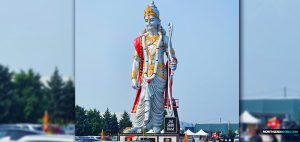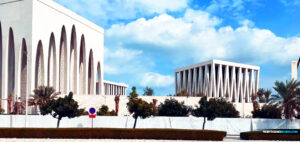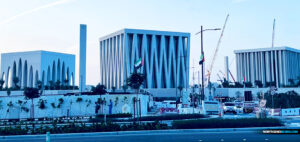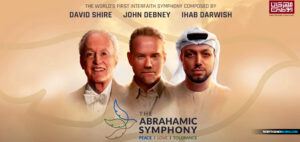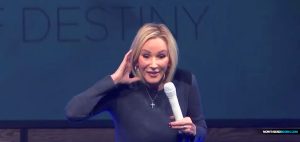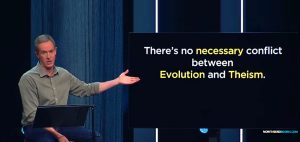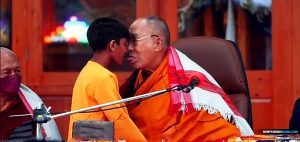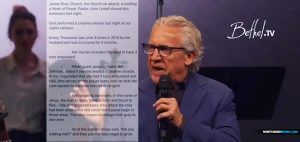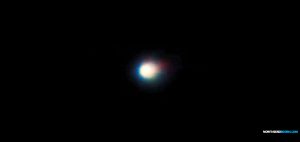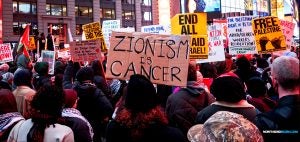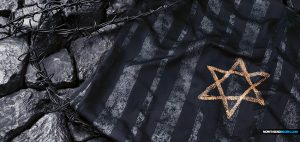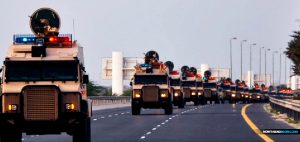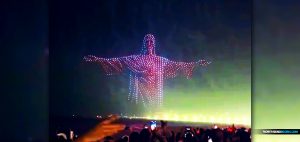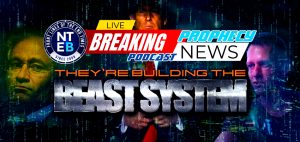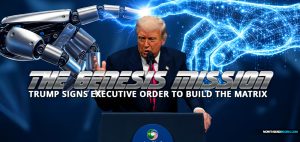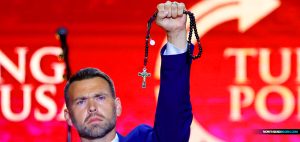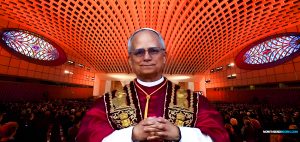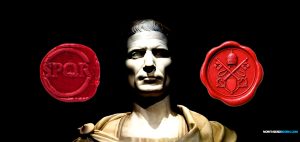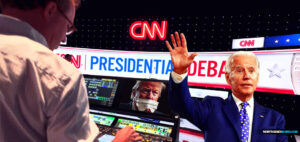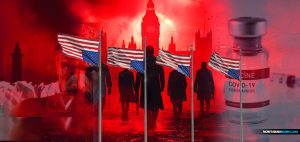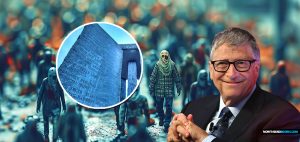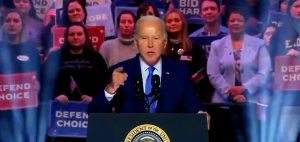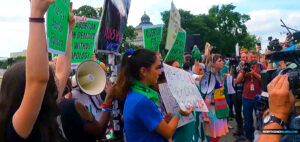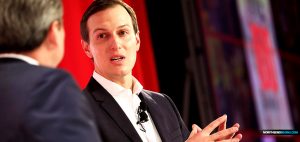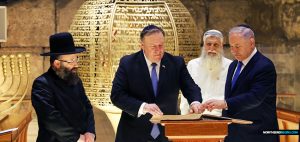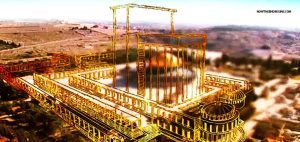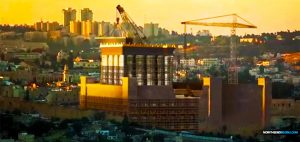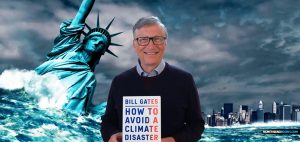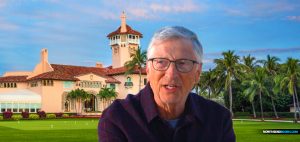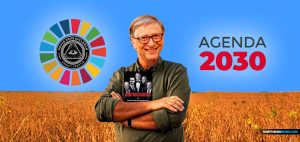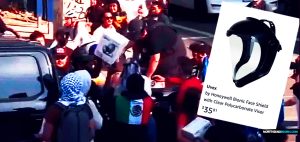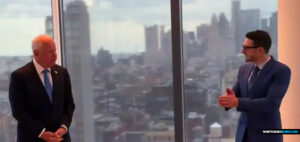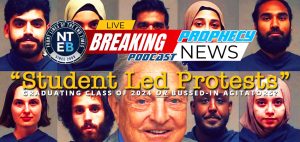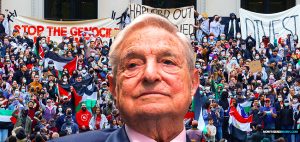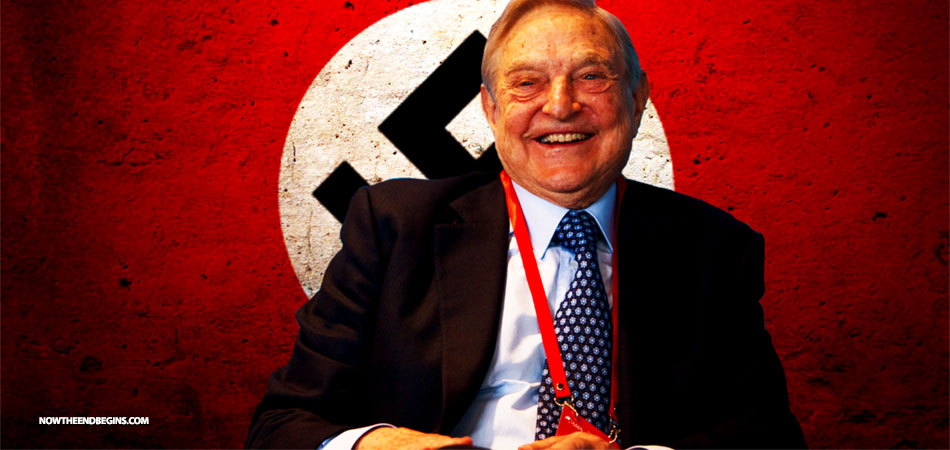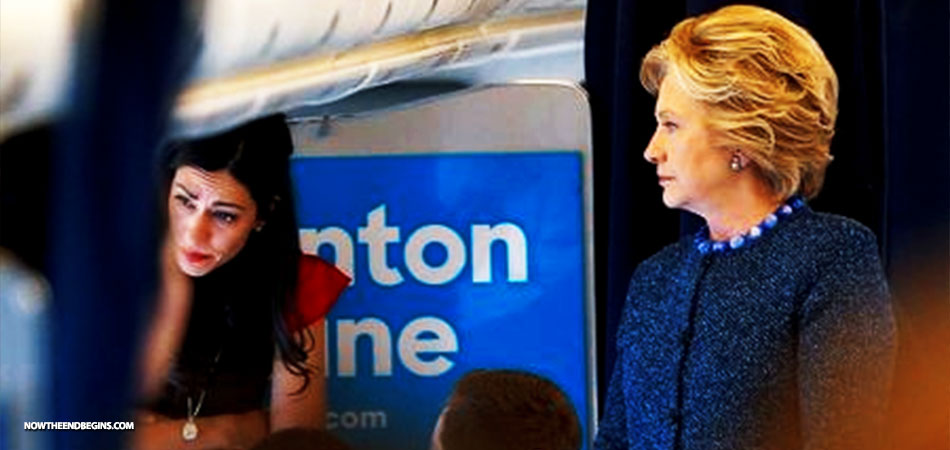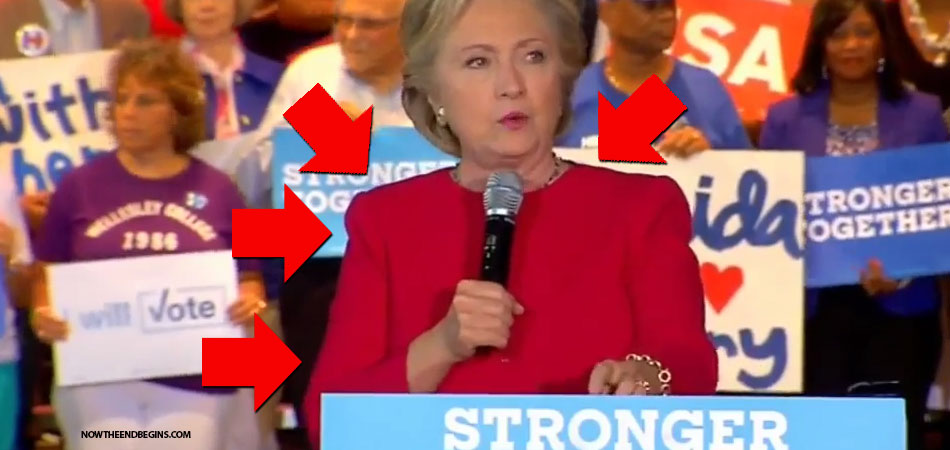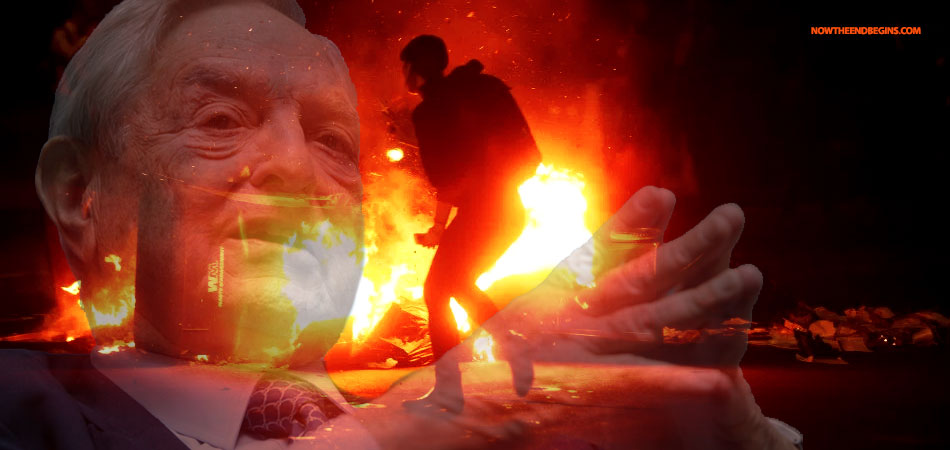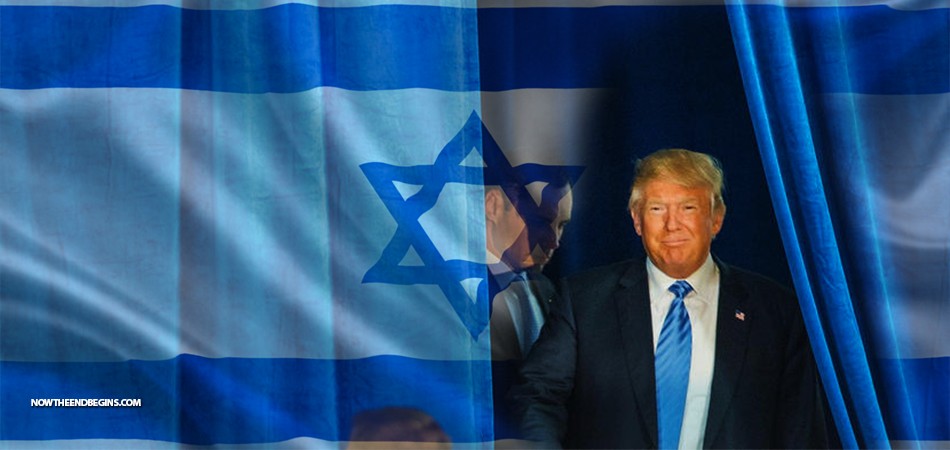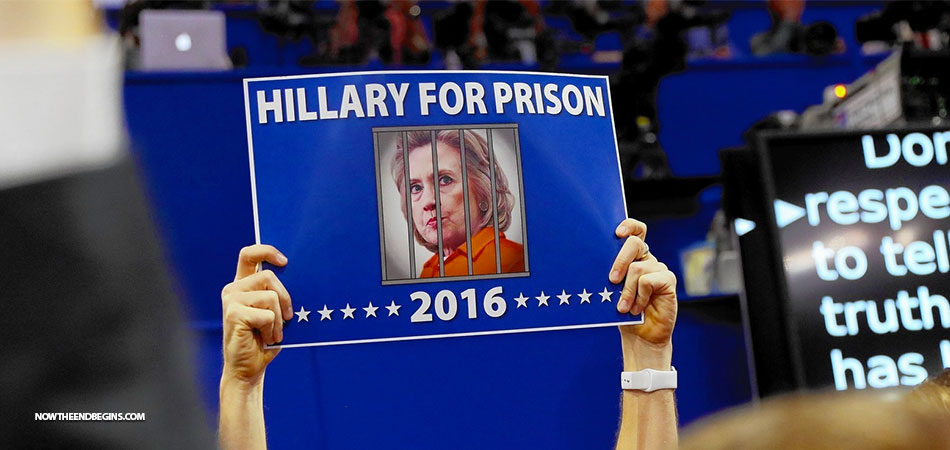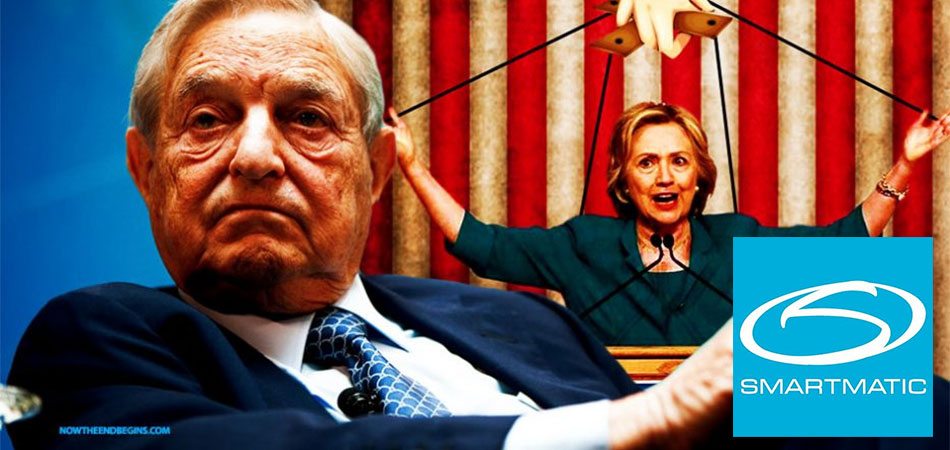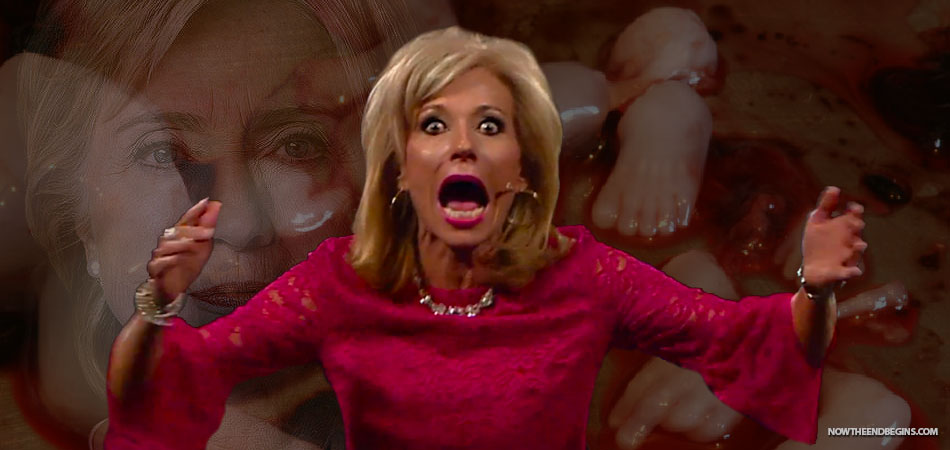Barack Hussein Obama
Unafraid Libyan Embassy Bombing Suspect Openly Mocks Weak And Cowardly Obama
After President Obama reasserted his vow to bring those responsible to justice, Mr. Abu Khattala spent two leisurely hours on Thursday evening at a crowded luxury hotel, sipping a strawberry frappe on a patio and scoffing at the threats coming from the American and Libyan governments.

BENGHAZI, Libya — Witnesses and the authorities have called Ahmed Abu Khattala one of the ringleaders of the Sept. 11 attack on the American diplomatic mission here. But just days after President Obama reasserted his vow to bring those responsible to justice, Mr. Abu Khattala spent two leisurely hours on Thursday evening at a crowded luxury hotel, sipping a strawberry frappe on a patio and scoffing at the threats coming from the American and Libyan governments.

President Golfball has no intention of issuing any sort of a military response to the killing of 4 Americans on the anniversary of 9/11.
Libya’s fledgling national army is a “national chicken,” Mr. Abu Khattala said, using an Arabic rhyme. Asked who should take responsibility for apprehending the mission’s attackers, he smirked at the idea that the weak Libyan government could possibly do it. And he accused the leaders of the United States of “playing with the emotions of the American people” and “using the consulate attack just to gather votes for their elections.”
Mr. Abu Khattala’s defiance — no authority has even questioned him about the attack, he said, and he has no plans to go into hiding — offered insight into the shadowy landscape of the self-formed militias that have come to constitute the only source of social order in Libya since the fall of Col. Muammar el-Qaddafi.
A few, like the militia group Ansar al-Shariah that is linked to Mr. Abu Khattala and that officials in Washington and Tripoli agree was behind the attack, have embraced an extremist ideology hostile to the West and nursed ambitions to extend it over Libya. But also troubling to the United States is the evident tolerance shown by other militias allied with the government, which have so far declined to take any action against suspects in the Benghazi attack.
Although Mr. Abu Khattala said he was not a member of Al Qaeda, he declared he would be proud to be associated with Al Qaeda’s puritanical zeal for Islamic law. And he said that the United States had its own foreign policy to blame for the terrorist attacks of Sept. 11, 2001. “Why is the United States always trying to impose its ideology on everyone else?” he asked. “Why is it always trying to use force to implement its agendas?”
Owing in part to the inability of either the Libyans or the Americans to mount a serious investigation, American dissections of the assault on the diplomatic mission in Benghazi have become muddled in a political debate over the identities and motivations of the attackers. Some Republicans have charged that the Obama administration initially sought to obscure a possible connection to Al Qaeda in order to protect its claim to have brought the group to its knees.
Mr. Abu Khattala, 41, wearing a red fez and sandals, added his own spin. Contradicting the accounts of many witnesses and the most recent account of the Obama administration, he contended that the attack had grown out of a peaceful protest against a video made in the United States that mocked the Prophet Muhammad and Islam.
He also said that guards inside the compound — Libyan or American, he was not sure — had shot first at the demonstrators, provoking them. And he asserted, without providing evidence, that the attackers had found weapons, including explosives and guns mounted with silencers, inside the American compound.
Although Mr. Abu Khattala’s exact role remains unclear, witnesses have said they saw him directing other fighters that night. Libyan officials have singled him out, and officials in Washington say they are examining his role. source – NBC News

Barack Hussein Obama
President Trump Says Barack Obama Is Guilty Of ‘Sedition And Treason’ Against The United States And That ‘Papers Are Signed’ To Have Him Arrested

Former President Barack Obama’s office claims that the Office of the Director of National Intelligence (ODNI) report indicating senior officials in the Obama administration orchestrated the “Russia Collusion” hoax after President Donald Trump was elected, is “outrageous.”
President Trump in his efforts to make the Epstein files scandal go away has put himself in a very precarious position. He has accused former president Barack Obama of ‘sedition and treason’ against the government of the United States, has pronounced him to be guilty, saying “it’s time to go after people”.
“Let me be weighed in an even balance, that God may know mine integrity.” Job 31:6 (KJB)
Here’s the problem with all that. If Trump, having pronounced Obama to be guilty of the highest crime possible against the nation, does not have him arrested nearly immediately, it will show that Trump is lying. Trump would then be guilty of libel for publishing false statements and slander for speaking false statements. If Trump does have Obama led away in handcuffs, it will ignite a firestorm not seen since the last civil war. On our Podcast yesterday, I called Trump’s bluff, and said he would never do that while at the same time allowing for the slightest possibility that he just might. Crazy is as crazy does. Obama today called Trump’s accusations “outrageous”, and said his claims are “without merit”. Having now successfully painted himself into the proverbial corner, Trump has to ‘put up or shut up’, and arrest Obama and try him, or be branded a liar. What do you think he’ll do?
Obama’s Office Responds to Trump’s Accusation of Treason: ‘Outrageous’
FROM BREITBART NEWS: Obama spokesman Patrick Rodenbush issued a statement challenging the report released by Director of National Intelligence Tulsi Gabbard on Friday, according to a screenshot from the Hill White House columnist Niall Stanage.
The ODNI report found “overwhelming evidence that demonstrates how, after President Trump won the 2016 election against Hillary Clinton, President Obama and his national security cabinet members manufactured and politicized intelligence to lay the groundwork for what was essentially a years-long coup against President Trump,” per a release from Gabbard’s office.
BREAKING NEWS: President Trump from the Oval Office has just declared that former president Barack Obama is guilty of treason. How long until he issues the order to arrest Obama? Because if he doesn’t, then he’s lying. What happens next should be interesting. pic.twitter.com/0pk5MfPkQO
— Now The End Begins (@NowTheEndBegins) July 22, 2025
Rodenbush heavily denied the allegations in the report:
- Out of respect for the office of the presidency, our office does not normally dignify the constant nonsense and misinformation flowing out of this White House with a response. But these claims are outrageous and merit one. These bizarre allegations are ridiculous and a weak attempt at distraction.
- Nothing in the document issued last week undercuts the widely accepted conclusion that Russia worked to influence the 2016 presidential election but did not successfully manipulate any votes. These findings were affirmed by the bipartisan Senate Intelligence Committee, led by then-Chairman Marco Rubio.
The statement comes hours after Trump declared Obama is “guilty.”
“He’s guilty. It’s not a question, you know, I like to say, ‘Let’s give it time.’ It’s there. He’s guilty… This was treason. This was every word you can think of. They tried to steal the election. They tried to obfuscate the election,” Trump told reporters in the Oval Office.
Trump also emphasized that he did not pursue charges against twice-failed presidential candidate Hillary Clinton in 2017 over her email scandal, but said after what has happened to him over the past decade, “it’s time to go after people.”
“You know, when we caught Hillary Clinton, I said, ‘You know what, let’s not… go too far here; It’s the ex-wife of a president.’ And I thought it was sort of terrible, and I let her off the hook. And I’m very happy I did,” Trump said. “…After what they did to me, and whether it’s right or wrong, it’s time to go after people. Obama’s been caught directly. So people say, ‘Oh, you know a group.’ It’s not a group, it’s Obama. His orders are on the paper. The papers are signed,” Trump added. READ MORE
Donald Trump says Barack Obama is ‘guilty of treason’ against the United States
Now The End Begins is your front line defense against the rising tide of darkness in the last Days before the Rapture of the Church
- HOW TO DONATE: Click here to view our WayGiver Funding page
When you contribute to this fundraising effort, you are helping us to do what the Lord called us to do. The money you send in goes primarily to the overall daily operations of this site. When people ask for Bibles, we send them out at no charge. When people write in and say how much they would like gospel tracts but cannot afford them, we send them a box at no cost to them for either the tracts or the shipping, no matter where they are in the world. We have a Gospel Billboard program. We are now broadcasting Bible studies, Podcasts and a Sunday Service 5 times a week, thanks to your generous donations. All this is possible because YOU pray for us, YOU support us, and YOU give so we can continue growing.
But whatever you do, don’t do nothing. Time is short and we need your help right now. The Lord has given us an open door with a tremendous ‘course’ for us to fulfill that will create an excellent experience at the Judgement Seat of Christ. Please pray for our efforts, and if the Lord leads you to donate, be as generous as possible. The war is REAL, the battle HOT and the time is SHORT…TO THE FIGHT!!!
“Looking for that blessed hope, and the glorious appearing of the great God and our Saviour Jesus Christ;” Titus 2:13 (KJB)
“Thank you very much!” – Geoffrey, editor-in-chief, NTEB
Barack Hussein Obama
THE PRESIDENT THAT WASN’T THERE: Joe Biden Comes To An Ignominious End As The Third Term Proxy Presidency Of Barack Obama Comes To A Close

For 4 years, the White House has run a con game that Joe Biden was a functioning leader, in reality it was the presidency by proxy of Barack Obama in his third term pulling the strings
Earlier today, the usually conservative Wall Street Journal ran a blistering story on how the entire Biden administration spent 4 years conning America that Joe Biden was actually in charge and calling the shots. It’s a stunning article, a segment captured below, and we encourage you to read the whole thing on wsj.com. What they left out, however, was that it was way more than just a con game, it was the literal third term of Barack Obama, made possible by the president who wasn’t there, Joe Biden.
“When the righteous are in authority, the people rejoice: but when the wicked beareth rule, the people mourn.” Proverbs 29:2 (KJB)
We have told you before Joe Biden was ever sworn in that the whole reason he was chosen was because of his highly diminished mental faculties, that way he could be propped up before the cameras while Barack Obama called all the shots like the Wizard of Oz from behind the curtain. Biden went bad, to worse, to “replace him with Kamala” in sickeningly realistic fashion. The main stream media did their part by refusing to report on Biden’s obvious ‘absent while present’ speech patterns, weird gesture and motions, and everyone’s favorite thing to pretend is not happening, his walking away from the podium as if he had no idea where he was. He had no idea. What does all this have to do with drones over New Jersey? The same government that told you Joe Biden was fine is the same government telling you there is nothing to worry about with the drones. That’s the memo.
How the White House Functioned With a Diminished Biden in Charge
FROM THE WALL STREET JOURNAL: The president’s slide has been hard to overlook. While preparing last year for his interview with Robert K. Hur, the special counsel who investigated Biden’s handling of classified documents, the president couldn’t recall lines that his team discussed with him. At events, aides often repeated instructions to him, such as where to enter or exit a stage, that would be obvious to the average person. Biden’s team tapped campaign co-chairman Jeffrey Katzenberg, a Hollywood mogul, to find a voice coach to improve the president’s fading warble.
Biden, now 82, has long operated with a tightknit inner circle of advisers. The protective culture inside the White House was intensified because Biden started his presidency at the height of the Covid pandemic. His staff took great care to prevent him from catching the virus by limiting in-person interactions with him. But the shell constructed for the pandemic was never fully taken down, and his advanced age hardened it.
The structure was also designed to prevent Biden, an undisciplined public speaker throughout his half-century political career, from making gaffes or missteps that could damage his image, create political headaches or upset the world order.
The system put Biden at an unusual remove from cabinet secretaries, the chairs of congressional committees and other high-ranking officials. It also insulated him from the scrutiny of the American public.
For the past 3.5 years, Barack Obama has been operating his Third Term through the rented body of Joe Biden. Listen to what he said to Stephen Colbert about how that term would function. Now you know why Democrats nominated a mentally-impaired person. pic.twitter.com/qGgviU6Kek
— Now The End Begins (@NowTheEndBegins) July 20, 2024
The strategies to protect Biden largely worked—until June 27, when Biden stood on an Atlanta debate stage with Trump, searching for words and unable to complete his thoughts on live television. Much of the Democratic establishment had accepted the White House line that Biden was able to take the fight to Trump, even in the face of direct evidence to the contrary.
On July 13, Biden held an uncomfortable call with a group of Democratic lawmakers called the New Democrat Coalition, aimed at reassuring them about his ability to stay in the race.
The president told participants that polling showed he was doing fine. He became angry when challenged, according to lawmakers on the call. At one point, Biden looked up and abruptly told the group he had to go to church. Some lawmakers on the call believed someone behind the camera was shutting it down. Biden dropped out of the race eight days later. READ MORE
The sad and strange decline of Joe Biden
Joe Biden dropped out of the race to become the next president, after a series of gaffes in 2024 raised concerns about his age, and a disastrous presidential debate performance caused alarm within the Democratic party.
Now The End Begins is your front line defense against the rising tide of darkness in the last Days before the Rapture of the Church
- HOW TO DONATE: Click here to view our WayGiver Funding page
When you contribute to this fundraising effort, you are helping us to do what the Lord called us to do. The money you send in goes primarily to the overall daily operations of this site. When people ask for Bibles, we send them out at no charge. When people write in and say how much they would like gospel tracts but cannot afford them, we send them a box at no cost to them for either the tracts or the shipping, no matter where they are in the world. We have a Gospel Billboard program. We are now broadcasting Bible studies, Podcasts and a Sunday Service 5 times a week, thanks to your generous donations. All this is possible because YOU pray for us, YOU support us, and YOU give so we can continue growing.
But whatever you do, don’t do nothing. Time is short and we need your help right now. The Lord has given us an open door with a tremendous ‘course’ for us to fulfill that will create an excellent experience at the Judgement Seat of Christ. Please pray for our efforts, and if the Lord leads you to donate, be as generous as possible. The war is REAL, the battle HOT and the time is SHORT…TO THE FIGHT!!!
“Looking for that blessed hope, and the glorious appearing of the great God and our Saviour Jesus Christ;” Titus 2:13 (KJB)
“Thank you very much!” – Geoffrey, editor-in-chief, NTEB
Barack Hussein Obama
New Netflix Movie ‘Leave The World Behind’ Produced By Barack Obama Released As Chinese Cyber Army Hacks Into US Power Grid And Utilities, Coincidence?

‘Leave the World Behind’ is a 2023 American apocalyptic psychological thriller film executive produced by Barack and Michelle Obama for Netflix
For starters, we have covered for many years, the money-path that the Barack and Michelle Obama have taken after their first two terms in the White House. One leg of that path led straight to Netflix where, for a cool $50,000,000.00, they were invited to produce movies supporting their Leftist Agenda. Predictably, their first effort ‘American Factory’ was awarded the Oscar with seemingly no effort at all. It was a ‘Christmas Miracle!’. So let’s talk about their latest release, an end times apocalyptic thriller, (yes you heard right), called ‘Leave The World Behind’.
“And they brought forth the images out of the house of Baal, and burned them.” 2 Kings 10:26 (KJB)
The first thing I’d like to direct your attention to is the movie poster itself, proudly featuring the names of the 4 stars who act in it, is the fascinating little acrostic it contains. We have gone ahead and highlighted what we found in red, and you will see it forms the word ‘Baal’. That’s not a review, that’s the marketing, so you can see the position we start this from. But honestly, did you expect anything different from Barack and Michelle Obama? I certainly did not.
As far the movie itself goes, I gave up my Netflix subscription when they started showing movies promoting kiddie porn, pro-abortion and such like so I had to rely on various sources like social media and a plot synopsis. The least troubling part of the ‘Leave The World Behind‘ is the overt racism it promotes where the main characters are reinforcing the troupe that blacks cannot trust whites. Democrats have nothing if they stop peddling racism, and it is peddled quite well here.
The new Netflix movie produced by Barack and Michelle Obama stokes the fires of racial hatred with jarring line about not trusting ‘white people’. Racism is truly a Democrat ideal, sad but true. #ObamaDidThis pic.twitter.com/CET0iwKZc4
— Now The End Begins (@NowTheEndBegins) December 12, 2023
THE MAIN THEME: “After a prolonged stand-off, Danny decides to help Archie in exchange for money and directs them to a nearby underground bunker prepared for doomsday. G.H. confesses to Clay that he knows what’s happening – he says that a political coup d’état is afoot, which is why the people in positions of power are letting a civil war take root by disrupting technology and feeding chaos. Amanda and Ruth see New York City being bombed, and Rose has walked into the neighboring home and found the bunker, where an Emergency Alert System interceptor reveals that the U.S. is at war with rogue armed forces with the suggestion of radiological weapons being involved.” Basically, it’s a story about the end of the world written by lost people without the Bible. But you get the idea.
Translated it reads like this. Barack and Michelle have produced an end times movie showing the United States government turning against the people, and using the military to bomb them into submission. Hmm, sounds like someone has been roaming in the corridors of Now The End Begins. We’ve been warning of things like that for 15 years now. I’m sure it’s just a ‘coincidence’, but ‘Leave The World Behind’ comes out just as reports of the Chinese Cyber Army hacking the US power grid are revealed. I’m sure that’s just a crazy coincidence. Now back to your bunker.
Chinese Cyber Army Hacks US Power Grid As Obama Netflix Movie ‘Leave The World Behind’ Is Released
Now The End Begins is your front line defense against the rising tide of darkness in the last Days before the Rapture of the Church
- HOW TO DONATE: Click here to view our WayGiver Funding page
Please continue to pray for us, and for wisdom for me especially, as we continue taking steps to print the NTEB branded King James Bible for our free Bible and Bibles Behind Bars program. It is exciting and intimidating at the same time. If the Lord has prospered your financially, we ask you to donate to help us continue to send out free Bibles at this level, and even higher than we are at the moment. It takes a lot of prayer, and a lot of resources to do all this. Praise the Lord we are doing it, all of us together, labouring in the Lord’s harvest field. TO THE FIGHT!!!
When you contribute to this fundraising effort, you are helping us to do what the Lord called us to do. The money you send in goes primarily to the overall daily operations of this site. When people ask for Bibles, we send them out at no charge. When people write in and say how much they would like gospel tracts but cannot afford them, we send them a box at no cost to them for either the tracts or the shipping, no matter where they are in the world. We have a Gospel Billboard program. We are now broadcasting Bible studies, Podcasts and a Sunday Service 5 times a week, thanks to your generous donations. All this is possible because YOU pray for us, YOU support us, and YOU give so we can continue growing.
But whatever you do, don’t do nothing. Time is short and we need your help right now. The Lord has given us an open door with a tremendous ‘course’ for us to fulfill that will create an excellent experience at the Judgement Seat of Christ. Please pray for our efforts, and if the Lord leads you to donate, be as generous as possible. The war is REAL, the battle HOT and the time is SHORT…TO THE FIGHT!!!
“Looking for that blessed hope, and the glorious appearing of the great God and our Saviour Jesus Christ;” Titus 2:13 (KJB)
“Thank you very much!” – Geoffrey, editor-in-chief, NTEB
-
George Soros9 years ago
Proof Of George Soros Nazi Past Finally Comes To Light With Discovery Of Forgotten Interview
-
Election 20169 years ago
DEAD POOL DIVA: Huma Abedin Kept Those Hillary Emails That The FBI Found In A Folder Marked ‘Life Insurance’
-
Election 20169 years ago
Crooked Hillary Campaign Used A Green Screen At Today’s Low Turnout Rally In Coconut Creek FL
-
George Soros9 years ago
SORE LOSER: George Soros Declares War On America As Violent MoveOn.Org Protests Fill The Streets
-
Donald Trump9 years ago
Donald Trump Will Be 70 Years, 7 Months And 7 Days Old On First Full Day In Office As President
-
Headline News9 years ago
If Hillary Is Not Guilty, Then Why Are Her Supporters Asking Obama To Pardon Her? Hmm…
-
Election 20169 years ago
WikiLeaks Shows George Soros Controlling Vote With 16 States Using SmartMatic Voting Machines
-
End Times9 years ago
False Teacher Beth Moore Endorses The Late Term Partial-Birth Abortion Candidate Crooked Hillary




























